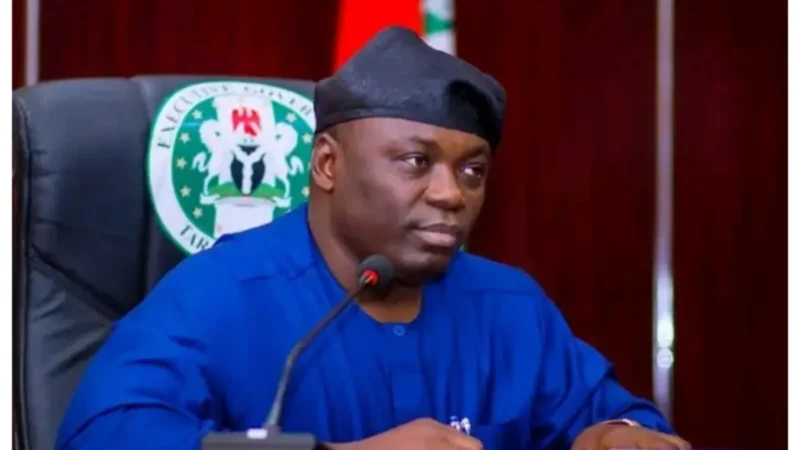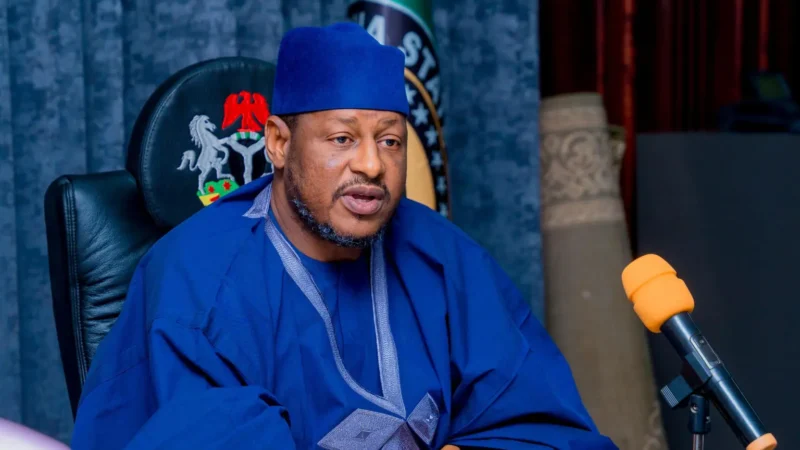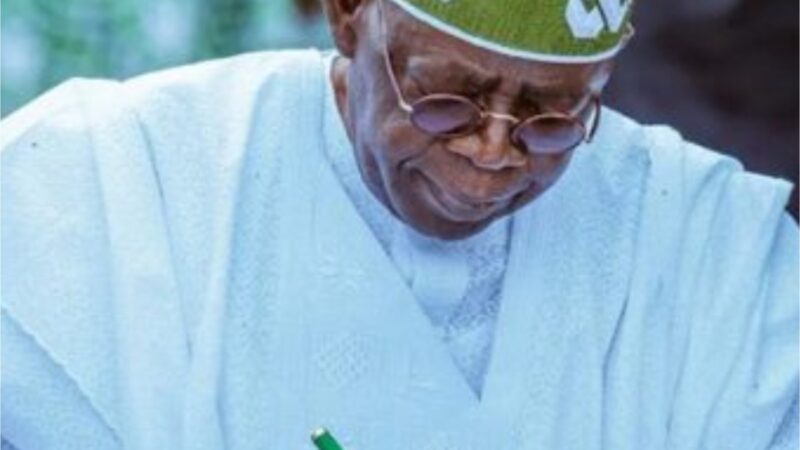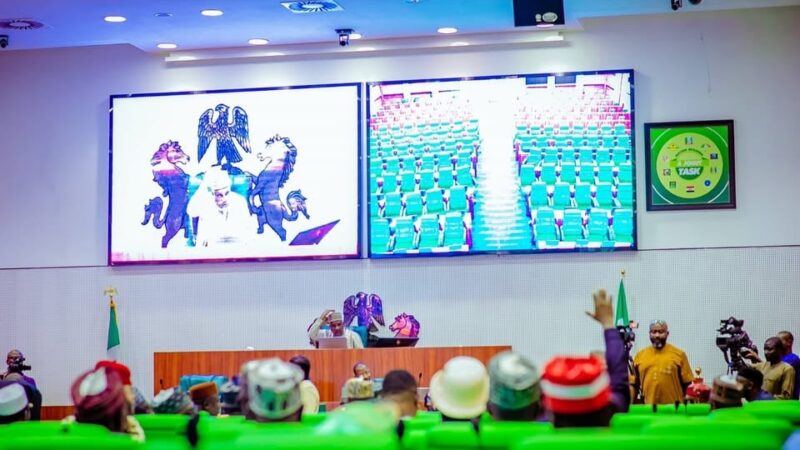Our interventions moved Nigeria to open economy – NESG
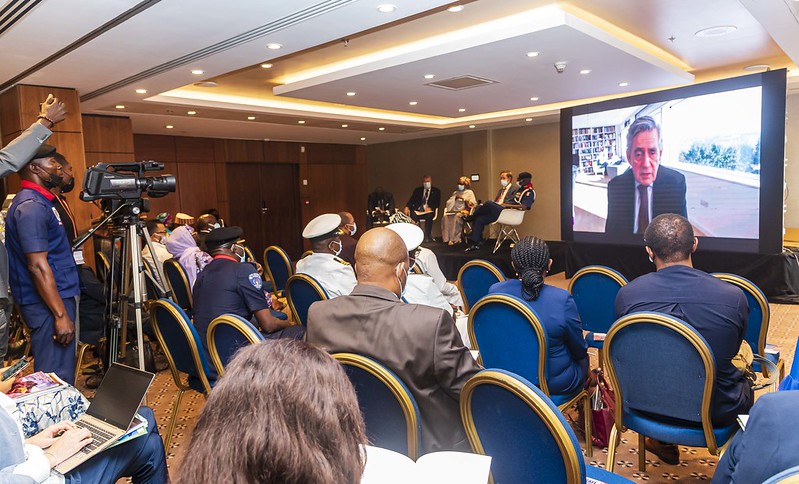
The Nigerian Economic Summit Group (NESG) has emphasised the need to move the country from an old dependent to a more broad-based diversified economy that focuses on various sources of revenue and job creation.
The group also expressed concerns over the current high macroeconomic volatility and instability, stressing the need for a recalibration of economic strategies to ensure inclusive growth and sustainable development.
The Chief Executive Officer of NESG, Dr. Tayo Aduloju, stated these at a public lecture and founders’ forum themed: “In the National Interest: Reflecting on the Past, Reimagining the Future”, to mark the 30th anniversary of Nigerian Economic Summit (NES) in Lagos.
He noted that the group’s interventions since the summit started in 1993 have moved the country from what was a very closed economy to what is now a more open economy.
He, however, regretted the country’s failure to record significant progress in some areas in the last 30 years, attributing the failure to the lack of political will, strong national consensus, focus on results, robust institutions, and prevalent issues of corruption and lack of ethics.
According to him, the growth achieved has been broadly characterised as un-inclusive, failing to create substantial jobs or equitable opportunities across the board.
He said: “In 1993, the media will remember that we were just dealing with June 12. So, the country was in a very chaotic place like the panel noted. We were a more closed economy, driven more by politically led over regulation.
“Most of our sectors were not diversified. The banking, telecommunication, infrastructure, power, were mostly lock-jammed. They were not growing any longer. We were not attracting investment. We were actually a pariah state.
“Our interventions over the last 30 years have moved the country from what was a very closed economy to what is now a more open economy.
“However, the NESG is not just pursuing the openness of the economy; we are pursuing the competitiveness of the economy, the sustainability of the economy and the inclusivity of the economy.
“The challenge at our 30th anniversary now is how to drive the country forward in such a way that it’s not just about growth but about creating jobs and opportunities for everyone, ensuring no one is left behind,” Aduloju stated.
Aduloju also touched on the successful liberalisation of the telecommunications sector following the National Telecommunication Policy review in 1997, which he noted as a model of strong institutions backed by political will and accountability that should be replicated in other sectors.
In his remarks, the Lagos State Governor, Babajide Sanwo-Olu, called on the NESG to intensify its efforts in facilitating economic dialogues aimed at fostering legislative and policy reforms across both the private and public sectors for economic development.
The governor spotlighted the NES’s long-standing contributions to policy making through yearly summits, sectoral policy commissions, and leadership programs designed to cultivate a new cadre of policymakers.
Sanwo-Olu also highlighted the NES’s pivotal role in legislative advocacy and its initiatives in nurturing future leaders through programs while encouraging the group to expand its public engagement and embrace digital technologies to enhance its outreach and influence.
Sanwo-Olu commended the founders and visionaries of the NES for their critical roles in shaping economic discourse in Nigeria and for creating a platform for ongoing dialogue, which has significantly influenced national policy and development strategies.
The Dean of the Lagos Business School, Prof. Chris Ogbechie, highlighted the importance of public and private sector collaboration in driving economic growth and transformation.
He described the summit as a beacon of hope and a platform for constructive dialogue that has been instrumental in shaping policies and driving sustainable development across various sectors of the economy.
Ogbechie also noted that the NES has catalysed positive change, fostering collaboration among public and private sector members to drive innovation and sustainable development not only in Nigeria but across Africa.
Also speaking, the Chairman of the NESG Board of Directors, Mr. Niyl Yusuf, emphasised the group’s commitment to driving reforms through rigorous research and various economic and social programs, reflecting on its essential role in economic development.
He assured that the NESG would continue to collaborate with federal and subnational governments, the private sector, and the international community to steer Nigeria towards resilience, inclusiveness, and prosperity.


